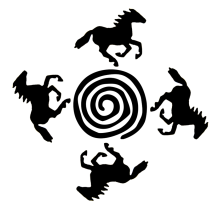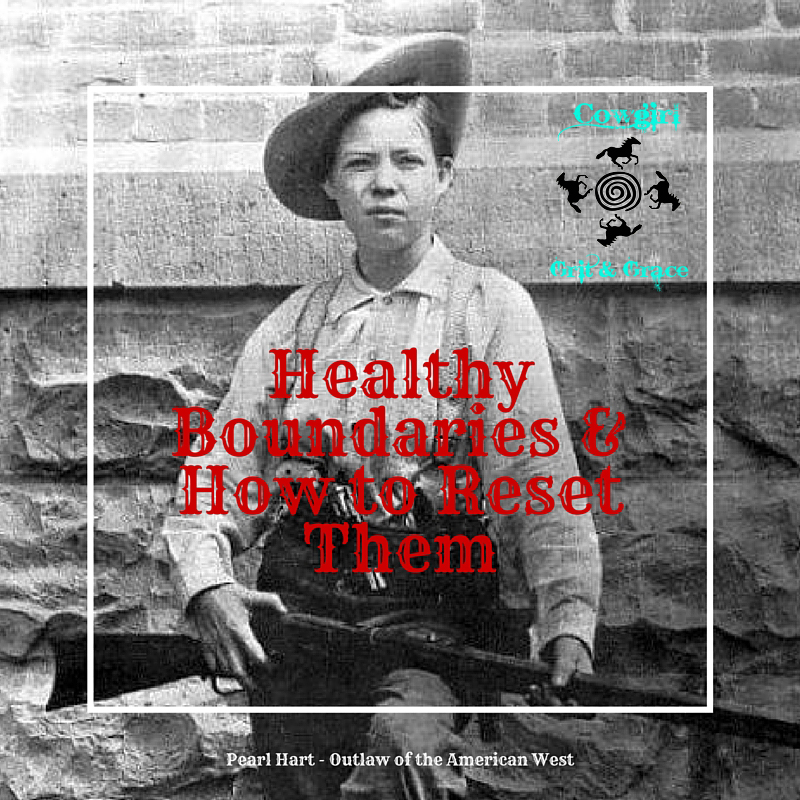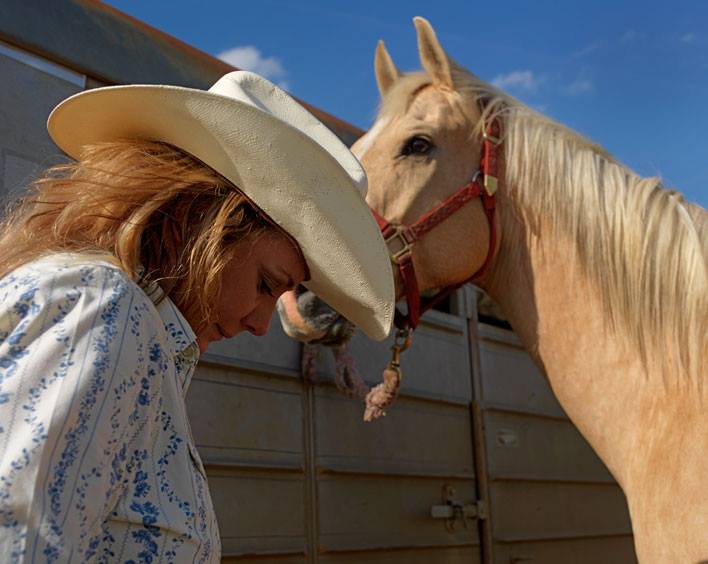Someone with healthy boundaries is able to identify how they feel, what they think and chooses how they will react or behave in any given situation; taking full responsibility for their thoughts, feelings and behavior. They do not blame others for what they think, feel, or how they behave because, they are able to stand up for themselves calmly and intelligently, without using intimation or manipulation.
A person with healthy boundaries does not allow others to control how they think, feel, or behave, nor do they try to control others through manipulation, guilt, blame, or by being bully. They refuse to play the role of the victim or the martyr.
They are able to recognize their own needs, take responsibility for those needs, and ask for what they need honestly and openly without drama or mind games. They are also able to accept "No" from others without having their self-esteem demolished.
They have a strong enough sense of self that they don't absorb others negative emotions or personalize another’s bad behavior.
Our culture romanticizes love as being totally absorbed or enmeshed with another. This is not love and can’t be sustained without losing yourself.
A true partnership requires that each person be healthy within themselves before they can form a healthy relationship together. In order to be healthy within yourself, we have to have a clear definition of who we are in order to clearly communicate that to another. It’s impossible to do this if you are carrying someone else's emotions, blaming others for your behavior, or practicing someone else's beliefs.
We set healthy boundaries in relationships to protect ourselves from being manipulated by the emotionally needy or by those who are self-aggrandizers. When both people in a relationship have healthy boundaries all the “games” are eliminated. There is no need for blame, guilt, manipulation, victimization, martyrdom, or scapegoating.
It also makes the resolution of problems clear and simple. If your partner hurts your feelings, we can take another lesson learned from the horse. The horse will experience the hurt, get the message behind the emotion, set the appropriate boundaries, release the emotion and go back to grazing.
| power-of-the-herd-emc-chart.pdf |
While boundaries should not vacillate wildly according to what is happening around you, it’s important that we have the ability to adapt and change when it is needed and appropriate. Boundaries are there to protect us but, they can also imprison us if they become too inflexible. Healthy boundaries include awareness of your emotions, the situation you are facing, and your ability to set or relax boundaries in response to your needs.
It’s also important to remember that what is healthy for someone else may not be healthy for you. Everyone has to determine what feels "right" for themselves. Some people have very thin, permeable boundaries and are comfortable with this. Others require more rigid boundaries to feel safe and comfortable. Define for yourself where your boundaries are and what feels comfortable for you and stick up for your right to feel that way.
We all inherit different sets of family rules that determine our boundaries. No one is right or wrong. They are simply different and have the right to have that difference respected. Realizing that you come from two different, but equally "right", ways of doing things validates both of your feelings and avoids the blame game. Communication about how to negotiate these differences and the willingness to compromise is crucial.
Healthy boundaries are not selfish. They allow you to have a clear sense of how you experience the world around you. They also allow you to have empathy for others, without taking responsibility for them. Healthy boundaries create a good balance between taking care of yourself and being there for others without being manipulated or exploited.
Healthy boundaries lead to empowerment. They empower us to make healthy choices and take full responsibility for ourselves. Learning to sense and articulate your own needs and choosing where and when to share them might be the single most empowering life change you can commit to.
You might also like to read:
The most common way people give up their power is by thinking they don't have any."
~Alice Walker


